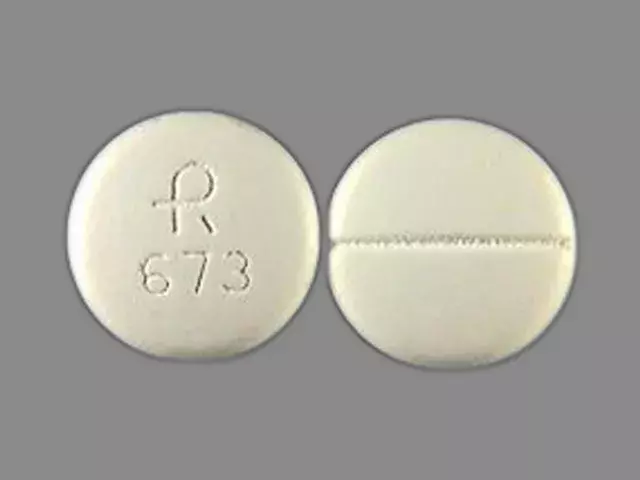Berberine: What You Need to Know for Better Health
If you've heard about berberine and wondered whether it's worth adding to your health routine, you're not alone. This natural compound has gained attention for helping with blood sugar control and cholesterol management. But how does it work, and what should you watch out for? Let's break it down in simple terms.
What Is Berberine and How Does It Work?
Berberine is a natural chemical found in several plants like goldenseal and barberry. People primarily use it as a supplement to help regulate blood sugar levels and improve heart health. It works by activating an enzyme called AMP-activated protein kinase (AMPK), which plays a key role in metabolism. This activation helps your cells use sugar more effectively, which can lower blood sugar and improve insulin sensitivity.
Besides blood sugar, berberine has been shown to help lower LDL cholesterol and triglycerides. That’s why many consider it a good option for supporting cardiovascular health naturally. However, it’s not a magic pill—its effects come from consistent use combined with a healthy lifestyle.
How to Use Berberine Safely and Effectively
Before jumping on the berberine bandwagon, keep a few things in mind. Typical doses range from 500 mg to 1500 mg per day, split into two or three doses. This helps maintain steady levels in your body. Taking it with meals can reduce the chance of stomach issues, which some people experience.
Berberine can interact with certain medications, especially those for diabetes or blood pressure. If you’re on any prescribed drugs, it’s best to chat with your healthcare provider first. Also, pregnant or breastfeeding women should avoid using it until more research confirms safety.
Finally, be patient. Supplements like berberine usually take weeks or even months to show clear effects. Track how you feel and consider lab tests to monitor changes in blood sugar or cholesterol.
In short, berberine offers promise as a natural support for blood sugar and heart health. When used carefully and combined with healthy eating, exercise, and medical advice, it can be a useful piece of your wellness puzzle.






